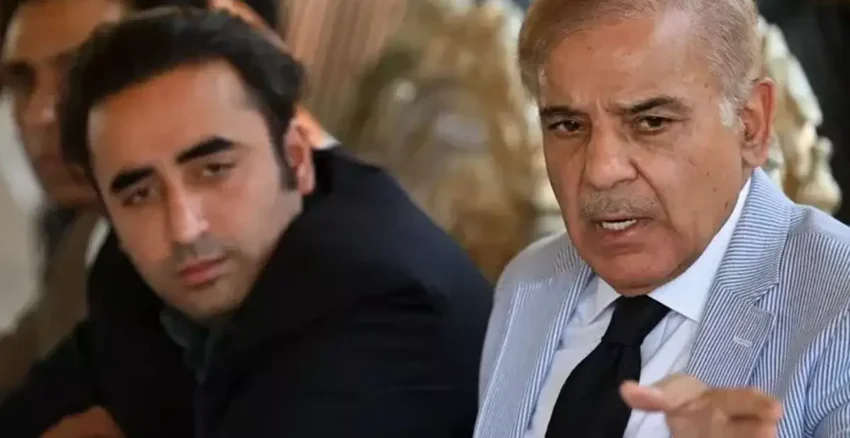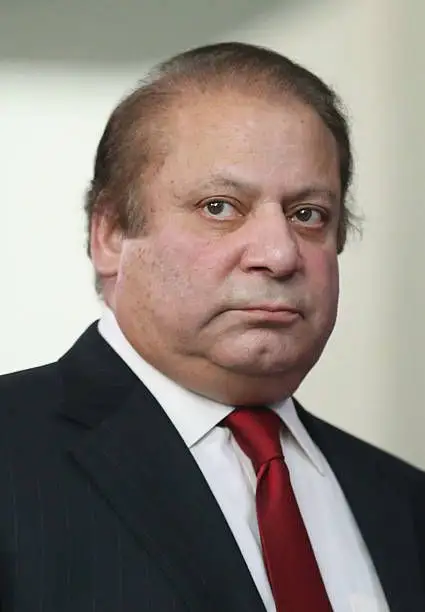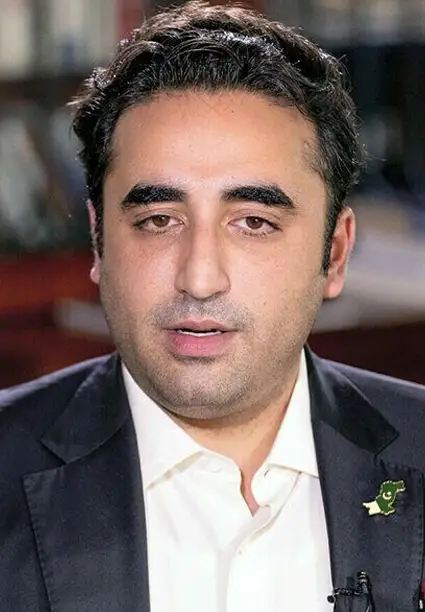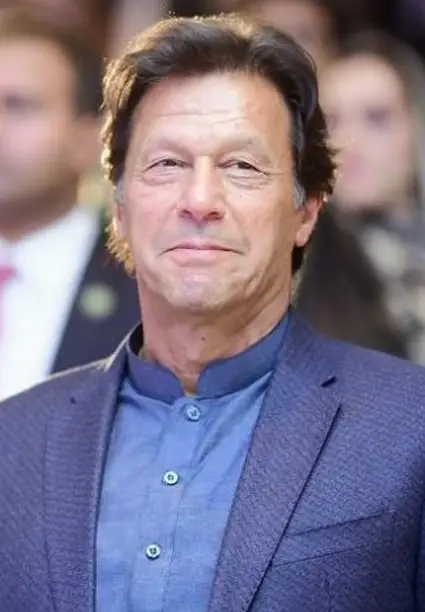How Pakistan’s Politicians Became Rich While the Country Sinks in Debt
Discover how Pakistan’s elite political families, especially the Sharif, Bhutto, and Khan families, grew their wealth while the nation struggles with debt, inflation, and rising poverty. A must-read for Indian readers.

While Pakistan faces one of its worst economic crises, its top political leaders are living like billionaires. From the lavish lifestyle of the Sharif family to the silent empire-building of the Bhuttos and Imran Khan, the wealth of the few is growing — while the country is drowning in foreign loans and poverty.

The Sharif Empire: From Politics to Big Business
Nawaz Sharif, a three-time Prime Minister of Pakistan, has been in politics for over four decades. Over this period, his family’s net worth has reportedly soared to more than $1.5 billion. His brother, Shehbaz Sharif, the current Prime Minister, also declared assets worth hundreds of millions of rupees, not including overseas holdings and family business ventures.
Meanwhile, Maryam Nawaz, Nawaz Sharif’s daughter, owns over 1,500 kanals of land and has shares in multiple businesses. Hamza Shehbaz, another key family member, owns more than his father.
Their businesses include:
Ittefaq Group (Steel)
Multiple sugar mills
Real estate across Pakistan and abroad
Media and poultry businesses

The Bhutto-Zardari Wealth Trail
The Bhutto family, led by the late Benazir Bhutto and her husband Asif Ali Zardari, has long been at the center of corruption debates in Pakistan. Zardari, known as “Mr. 10%” during the 1990s, reportedly owns:
Expensive real estate in France, Dubai, UK, and the US
Luxury apartments in London and New York
Shares in energy, agriculture, and construction businesses
Zardari’s declared assets have ranged in the hundreds of millions of dollars, and he has faced multiple corruption charges, though he has denied them.
His son, Bilawal Bhutto Zardari, though newer in politics, is believed to be inheriting and expanding the family’s business and political empire.

Imran Khan’s Rise – From Cricketer to Crorepati
Imran Khan, former Prime Minister and cricket legend, came into power with a promise of “Naya Pakistan” and anti-corruption reforms. However, over time, his own finances have drawn attention.
Khan declared personal assets worth over Rs 300 million ($1.5 million), including:
A 300-kanal residence in Bani Gala, Islamabad
Agricultural land and business income
Foreign donations and trust fund controls, such as Shaukat Khanum Hospital and Namal University
While Khan himself may not own huge corporate assets, his party, Pakistan Tehreek-e-Insaf (PTI), attracted funding controversies, including foreign accounts and undeclared donations.
The Cost to the Nation: Poor Governance, Rich Politicians
While the ruling elite lives in luxury, Pakistan’s economic indicators tell a grim story:
Foreign debt: Over $130 billion and growing
Inflation: Crossed 30% in 2023, pushing millions into poverty
IMF Loans: Frequent bailouts with harsh public austerity
Basic services: Power cuts, water crisis, and lack of public healthcare
Despite these issues, political families continue to expand their business empires — often benefiting from government contracts, tax breaks, and insider access. The poor suffer, but the elite gains.
If this trend continues unchecked, experts warn that Pakistan could become heavily dependent on countries like China, to the extent that it risks losing its economic sovereignty. With growing Chinese investments in infrastructure and strategic sectors, Pakistan is already deeply entangled in Beijing’s grip. In the worst-case scenario, Pakistan may be economically “sold” to foreign powers, as it loses control over key resources and policy-making.
Transition to Public Anger and Corruption Allegations
Unsurprisingly, many Pakistanis are furious. Frequent protests in Pakistan-occupied Kashmir (PoK) and other regions show the frustration of the people who demand jobs, education, and accountability. But instead, they watch politicians grow richer.
Agencies like the National Accountability Bureau (NAB) have initiated cases against these leaders, but results have been limited. Legal loopholes, political pressure, and lack of follow-through have allowed many cases to fade away.
Inflect.in — Your daily dose of stories that inform, inspire, and ignite curiosity. Follow us for more!
Inspire
Latest Post

Is Co-Sleeping Safe for Babies? Pros, Risks,

Pomegranate Benefits: Why Eating Anar or Drinking

Ma Yansong: Shaping the Future of Architecture

7 Common Foods That Damage Hair Health

Is Co-Sleeping Safe for Babies? Pros, Risks,

Pomegranate Benefits: Why Eating Anar or Drinking

Ma Yansong: Shaping the Future of Architecture








